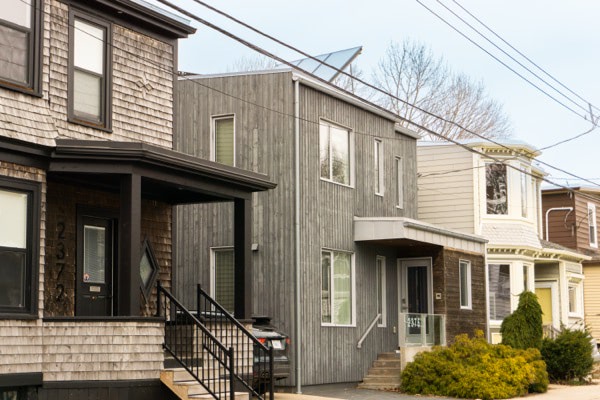How fast can you pay your mortgage off? Can you speed up the process? Here’s what you need to know!

Should you revamp your budget this season?
Is it time to revamp your budget? Our lifestyle and income can change frequently, which means our budgets need to keep up. It’s important to have a budget that accurately reflects your finances, so you’re able to float and not drown in your financial obligations. Here are some reasons why you should consider recreating your budget, and how to get started!
You expect a change in income
Our income plays the biggest role in our budget, so if you’re anticipating a change in how much money you’re making, now is the time to revamp your budget. Any income change, whether it’s for better or for worse, means it’s worth a budget check. Think about how much money you expect to be gaining or losing, and how that amount impacts your monthly expenses. For example, a new job or promotion means you can spend more but still have the same financial obligations, thereby increasing your available funds. On the other hand, if you experience job loss, your extra money available is going to decrease. Both of these changes are likely to impact your monthly budget and how much you can allocate towards certain expenses. Your budget should be a direct reflection of your income.
You’re looking to secure new credit
New credit can come in the form of things like credit cards and lines of credit. When you want to secure new credit, you’re asking for the freedom to borrow and spend more. Adding onto your credit isn’t a bad thing, but it does require careful consideration in terms of how you will use your new spending capabilities. Remember, just because you can spend more in the moment doesn’t mean you automatically have the funds available to pay those purchases off. Getting a new credit card with a $2000 limit when you don’t have that much to spare can be dangerous if you’re prone to spending.
If you want to secure new credit, we recommend sitting down first and budgeting to see how (and if) it fits into your lifestyle, and how high of a credit limit you can afford. You should also give yourself a lower limit than you can technically afford, so you know you will have extra funds in the bank if necessary.
There are new factors affecting your personal life
As our personal lives change, our finances and our budgets usually do too. People hit milestones that often affect how they look at money, and how they can spend it. For example, a newly married couple is likely combining income and sharing financial responsibilities, which could either mean more or less spending than before. Someone who is recently single, perhaps divorced or widowed, may end up with more or less money, and are now likely solely responsible for paying for their own food, transportation, bills, etc. Having a child, or even adopting a pet, also means much more of your income needs to go towards their care. All of these factors shaping your personal life will change the way you budget. If your budget is still fitted to a single person with no children, and now you find yourself married with a baby on the way, it’s time to revamp your budget to reflect these changes.
You’re thinking about buying or selling
Here’s one of the most obvious reasons for needing to revamp your budget. Buying a home is obviously a huge expense, likely the biggest of your life, and it absolutely means creating a new budget specifically for this goal. You will have to think about a down payment, legal fees, property taxes, moving costs, utilities, and of course, mortgage payments. If you’re not a home owner right now, you’re not paying for most of those things, meaning it’s not part of your budget at this moment. You will need to start thinking about these costs before you go house hunting.
On the other side, selling a home means you’re likely in for a financial boost, depending on where you’re going to live next. Selling your home can provide a lift to your savings, or help you make payments now. Be sure to incorporate the sale of your home into your budget going forward.
What are your next steps?
Once you know you should revamp your budget, how do you actually do it? There are a few steps to this process. You should separate your essential and non-essential spending in order to see what areas you can cut back on, and which expenses you can’t budge on. For example, you can’t budget in terms of your property taxes, because this is a fixed cost that must be paid, but maybe you can reduce your non-essential shopping sprees. Organizing your expenses this way helps you see where you can save.
You can also try budgeting apps to help you keep track of your spending and stick to a budget you create for yourself. These apps allow you to organize your money and payments through the envelope system (like Goodbudget) and by connecting your bank account to the app ( such as Mint). Finally, get in touch with a mortgage broker to help you reorganize your budget. If homeownership is one of your goals, or you’re already a home owner, we can guide you towards the best solutions for you and your finances.
Your budget is always evolving, and you should treat it as a living thing. It can be difficult to make an accurate budget, so don’t hesitate to ask a mortgage professional for help! We’re happy to assist you and help you find the perfect budget for your homeownership goals.
If you have any questions about your mortgage, get in touch with us at Clinton Wilkins Mortgage Team! You can call us at (902) 482-2770 or contact us here.


